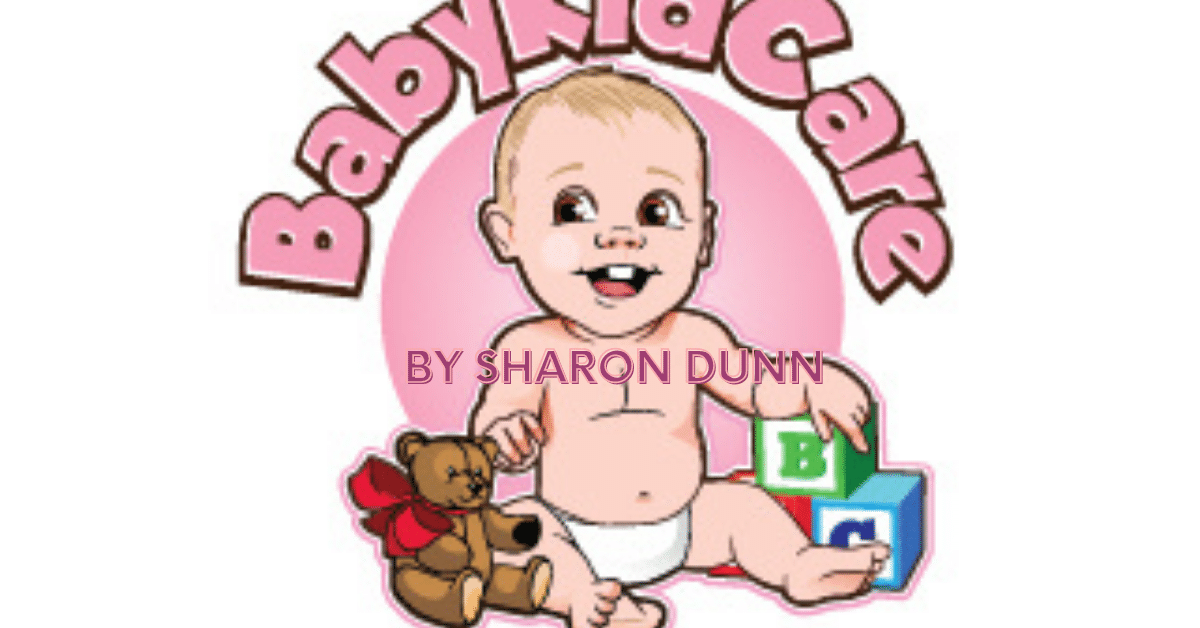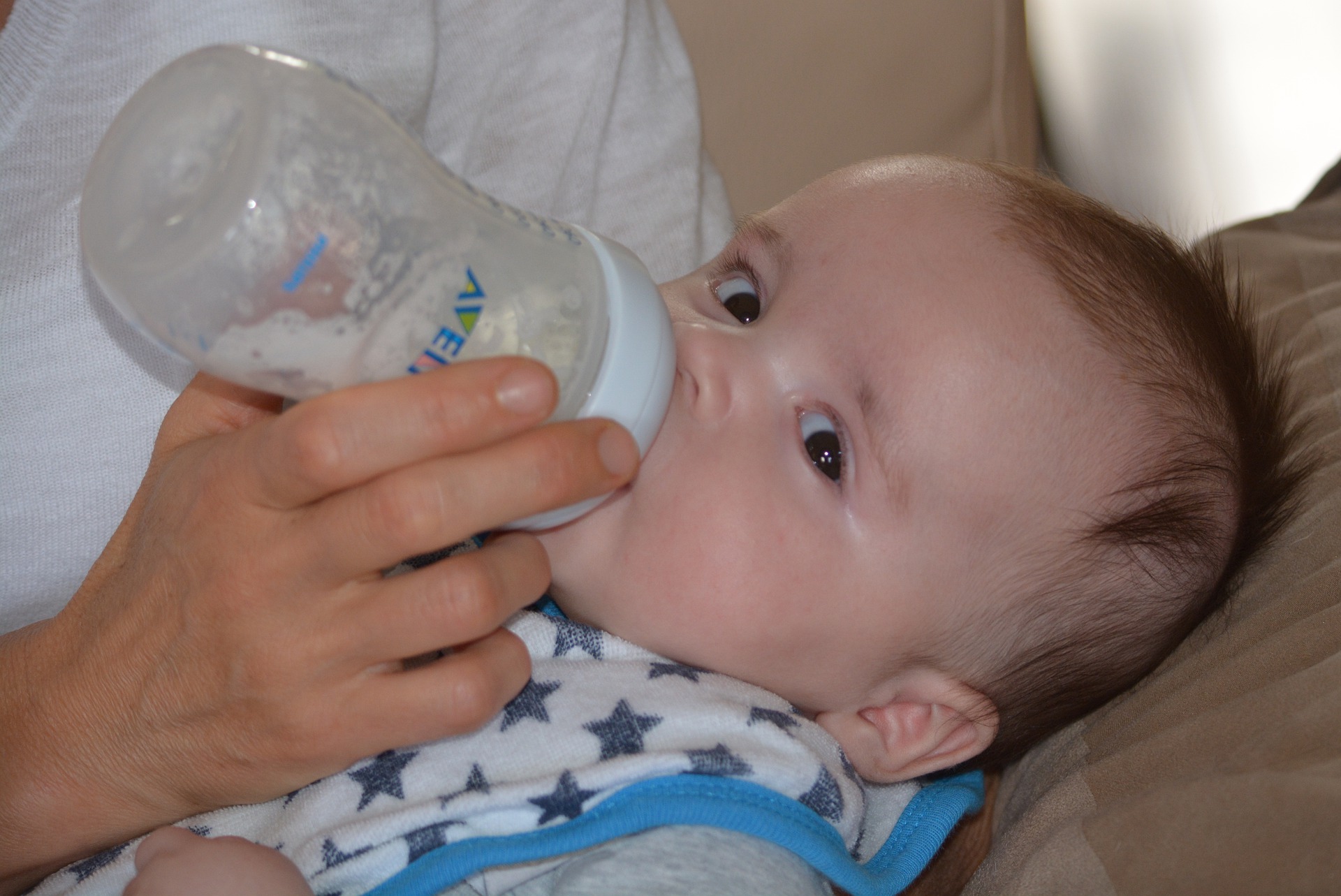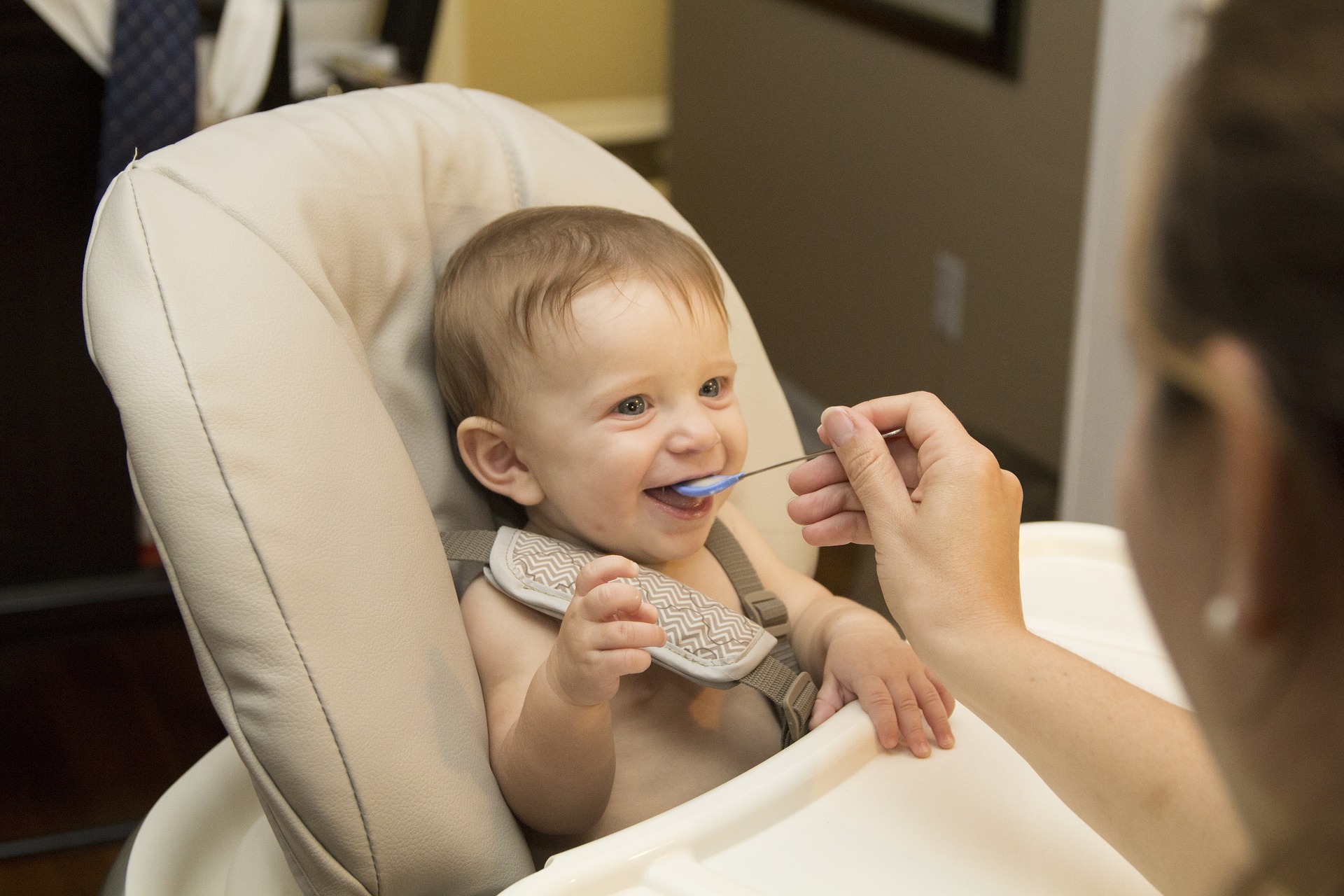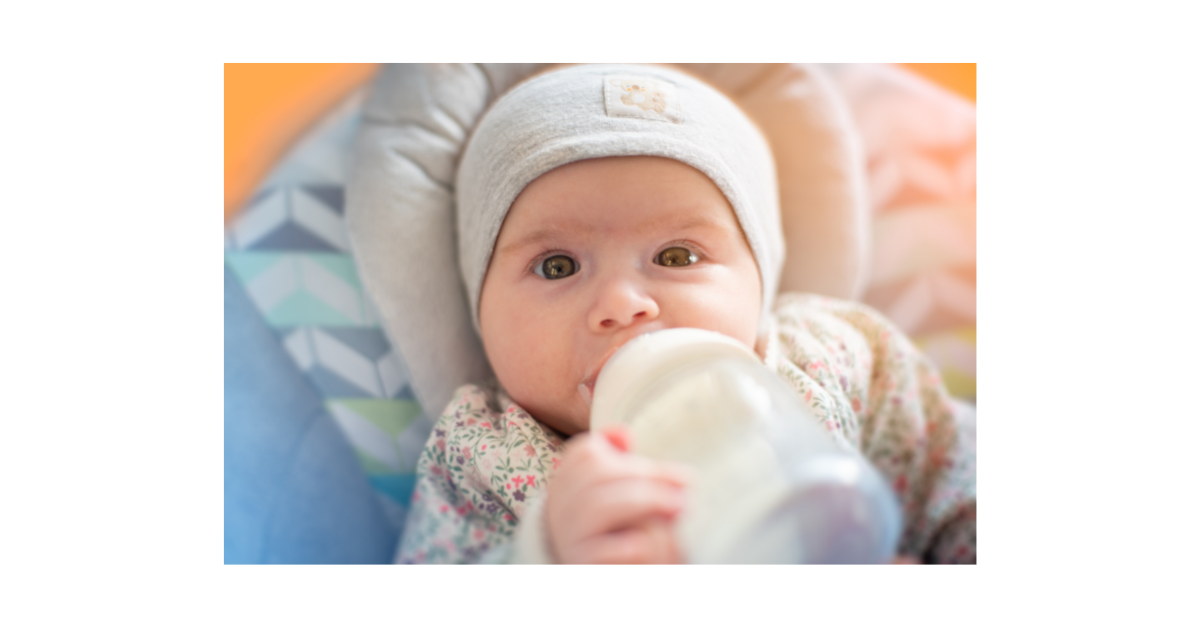Are you a vegan and want to raise your child as a vegan? Read on to understand more about vegan baby formula and foods best for a vegan baby.
While I am definitely not a vegan, I am open minded to others and had to research the topic by reaching out the the experts in the field.
Executive Summary:
- Never use a homemade vegan baby formula. Not safe. Do not do it. No. Get the picture?
- You should wait until after 12 months of age to consider a vegan formula. Then consider Else Nutrition toddler formula. But ask your doctor first.
Are you a vegan wondering if you can feed your baby a vegan diet? The answer is yes, but with some caveats!
It is possible to start a vegan diet for your baby, but only after 12 months. However, you should work with a professional to ensure your baby meets all necessary dietary requirements.
Table of Contents
- Is Vegan Baby Formula Good for Newborns?
- What Are the Stages of the Use of a Vegan Baby Formula?
- Primary Ingredients in Vegan Baby Formulas
- Reasons Why Parents Opt for Vegan Baby Formula Over Dairy-based Formula
- Pros of Vegan Baby Formula (Only after 12 months)
- Cons
- Final Thoughts
Your breastmilk is the best vegan diet for your infant, but if you are low on milk, you can supplement it with vegan baby formula. The formula does not have animal-based products such as fish oils and casein, which are common in dairy baby formula. It is a plant-based formula with less water and is safe and healthy for your baby’s consumption.
Is Vegan Baby Formula Good for Newborns?
Even without vegan baby formula, your newborn is already vegan, categorized by drinking human breast milk. Yes! Human breast milk is considered vegan. If you are not in a position to breastfeed your child, you can purchase vegan baby formula after a consultation with your doctor.
Some of the limited numbers of vegan baby formulas available have certified formulas for 0 to 12 months. Most formula brands, however, have formulated vegan formulas recommended for babies aged 12 months and above. Giving your baby formula instead of breastmilk could lead to nutrient deficiencies, overfeeding, or digestive issues.
What Are the Stages of the Use of a Vegan Baby Formula?
Vegans eat a plant-based diet; bringing up your child as a vegan will be challenging in meeting their protein needs, but it’s not impossible. There are several stages of feeding a baby formula. These include:
Stage 1 (0-6 months)
Vegan formulas for children at this stage should be very gentle. They should not contain any sweeteners, preservatives as well as any genetically modified substances.
However, the formula contains whey protein and lecithin, rich in choline. It also has lactose as the main ingredient, which supplies energy.
Parents are advised to breastfeed their children for the first 12 months, and if it’s not possible, the formula should be given under the supervision of a physician. That’s why many prefer to use whey-based formulas.
Stage 2 (6-10 months)
Children have a more robust digestive system during this stage and can digest nutrient-dense foods. It is at this stage they are introduced to solid food. These foods include corn, potatoes, and grains like rice and wheat. You can also use soya, oat, and coconut milk for cooking their food.
You can start weaning your child on foods rich in iron and zinc to supplement the milk formula. Plant-based foods rich in these two minerals are peas, sweet potatoes, and all legumes.
Stage 3 (12 months- 2 years)
At this level, you will need to check in with the pediatrician to get help on the different nutrients your baby needs. This information is crucial in determining which vegan formula is best.
Generally, the formula milk should be rich in iodine, vitamin B12, and vitamin A, C, and D. Most available brands already have a specific formula for each stage.
If you plan to bring up your child as a vegan, you must ensure their diet comprises a variety of food to meet their dietary needs while supplying them with the energy and vitamins needed for their growth and development.
Best First Foods for a Vegan Baby
- Vegetable
- Potatoes
- Pulses
- Cereals (Porridge, millet, quinoa, and pearl barley)
- Groundnuts and nut butters
- Fruits
- Seeds and seeds butter
- Tofu
- Soya beans
- Peas
- Lentils
- Yogurt
Primary Ingredients in Vegan Baby Formulas
These are some of the ingredients that your baby formula should contain.
Calcium– is mainly derived from oat milk, ground almonds, and soy. This ingredient is vital in developing a baby’s teeth, bones, and muscles, not to mention the development of the nervous system.
Omega3– This is found in chia seeds as well as hemp seeds. It is also available in oils, such as canola and flax seed. Omega3 is vital for the proper development of the brain and eyes of a baby.
Vitamin D– ensures proper absorption of calcium into the baby’s body.
Iron– available in lentils, whole grain, vegetables, beans, seeds, and nuts. It aids in brain development in babies between 7 to 11 months.
Zinc– available in tofu, nuts, whole grain, and seeds. It is crucial for the development of a baby’s immune system as well as the building of body tissues.
Proteins– are crucial for body-building in babies. They are available in lentils, peas, tofu, and soy.
Is Home-made Vegan Baby Formula Good for Your Child?
The food and drug administration (FDA) has strongly advised against homemade vegan baby formula as it has led to the hospitalization of many babies in recent years due to severe nutritional deficiency. The most prominent deficiency cases are a condition developed from the severely low level of calcium called hypocalcemia, a cardiac arrest that leads to brain damage, and nervous-related conditions.
Many parents of hospitalized babies confessed to searching for vegan baby formulas online. The recipes are bagged with ingredients meant for adults. Such ingredients include protein powders and supplements that are not for children. Most formulas contain very little or no calcium or vitamin D, which are crucial for a child’s growth.
That’s why parents are asked to work with a pediatrician before feeding any formula to their children.
Reasons Why Parents Opt for Vegan Baby Formula Over Dairy-based Formula
The reasons parents prefer vegan baby formula to dairy-based formula include:
- The Parents are Vegans
Most vegan parents prefer to raise their children as vegans too. That said, the sooner they can incorporate this lifestyle, the better. It is often believed that the children will continue the lifestyle passed on. However, that’s not always the case with many families; as such, parents should give their children the freedom to eat what they want as they grow up.
- Avoid Any Potential Complications from Dairy Products
Complications include allergies from lactose intolerance as well as digestion problems. Dairy products, such as dairy-based baby formulas, consist of lactose, a disaccharide, which most people, including babies, can be allergic to. As a result, babies experience a hard time digesting dairy-based products and may exhibit symptoms like diarrhea and bloating.
- Influence from Social Media
Nowadays, many people’s decisions are arguably controlled by social media influencers. Many celebrities and influencers are endorsing plant-based diets even to their children.
This has prompted some parents to introduce their children to a plant-based diet from infancy. Be it as it may, not everything social media influencers say is accurate. People should conduct thorough research before engaging.
Pros of Vegan Baby Formula (Only after 12 months)
- There are lower risks of developing heart-related conditions
- Your child is not likely to become obese or diabetic as plant-based diets have less cholesterol than dairy products
- Provides your child with a solid foundation for a healthy eating lifestyle
Cons
- May not provide all the necessary nutrients required for the proper growth of your baby
- It may cause hormonal imbalance in some children
- There is an increased risk of allergy to different plant-based products. For example, some babies may be allergic to soy products
Final Thoughts
Vegan baby formula can benefit children having trouble with dairy-based baby formula. It is, however, essential to note that it may not provide your child with all necessary nutrients, so parents are advised to breastfeed exclusively from birth to 12 months, or more than 12 months to get to a point where a vegan formula could be an option.
Consult your pediatrician and always put your child’s dietary needs first over your beliefs.
Never use a homemade formula. The risk is not worth it.











